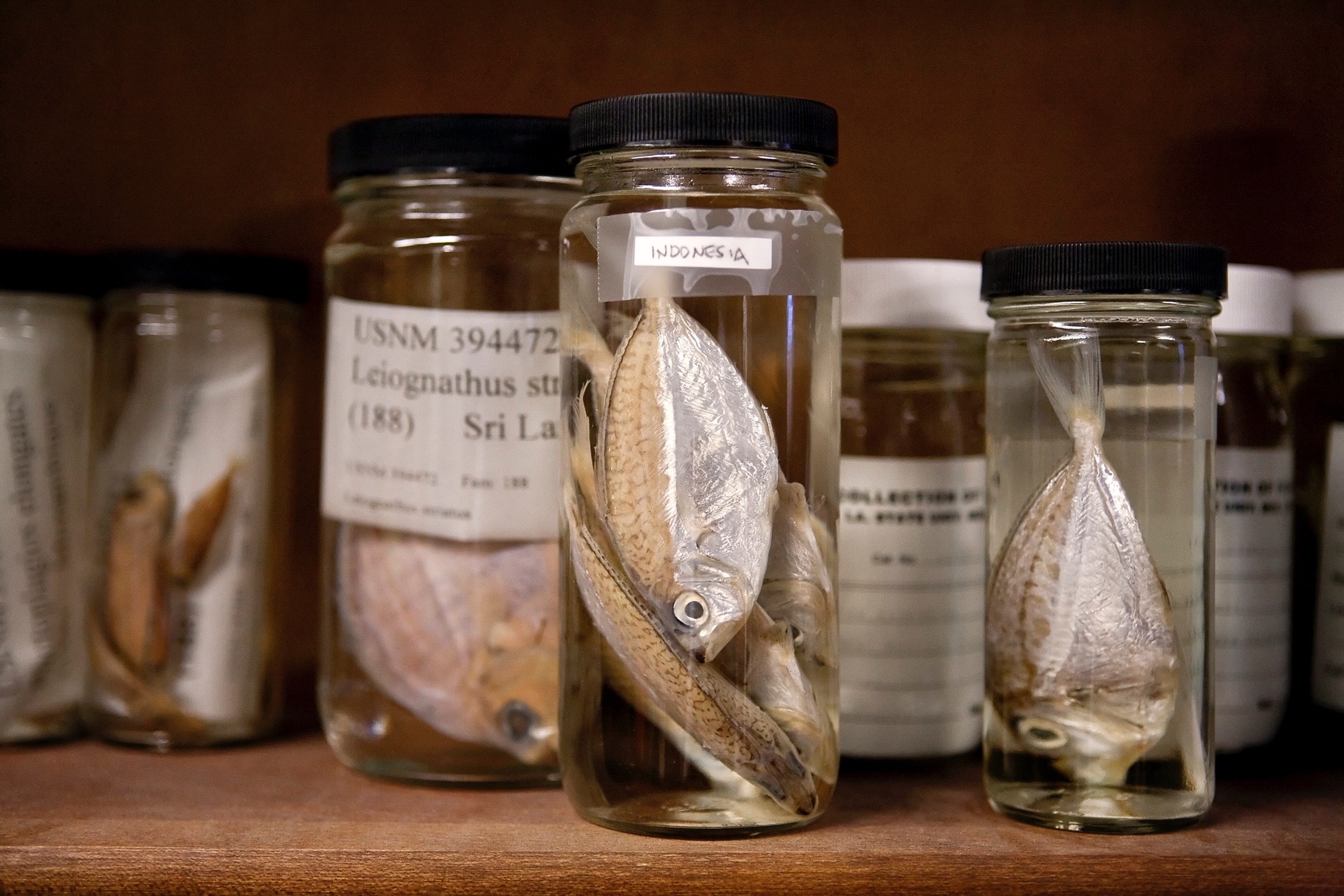We reach more than 65,000 registered users in Dec!! Register Now

Fourteen years after the Gulf of Mexico oil spill, endemic fishes face an uncertain future
- April 24, 2024
- 7 Views
- 0 Likes
- 0 Comment
A study investigating the spill’s impact on endemic fish species suggests potential loss of biodiversity.
The 2010 Gulf of Mexico Deepwater Horizon was the largest accidental oil spill in history. With almost 100 million gallons (379 million liters) of oil combined with dispersants suggested to remain in the Gulf, it is one of the worst pollution events ever. More than a decade later, its long-term effects are still not fully understood.

The study found that 29 out of the Gulf’s 78 endemic fish species haven’t been reported in museum collections since 2010. The Yucatan killifish, for example, which is considered endangered, was last reported pre-spill, in 2005, off the Yucatán Peninsula.
Six of the non-reported species are considered of greatest concern, because their areas of distribution largely overlap with the affected area – although the authors note that their absence in the Gulf in recent years cannot automatically be attributed to the oil spill.
However, they also point out that nature’s ability to recover should not be overlooked.
“The Gulf of Mexico continues to face many challenges, from the Dead Zone, to climate change, loss of coast habitats and continued oil spills. Efforts like this report aim to bring attention to vulnerable species that continue to be impacted by human activities and to the unique endemic fauna of the region,” the researchers write in conclusion.
List of Referenes
- Prosanta Chakrabarty, Alec Sheehy, Xavier Clute, Shannon Cruz, Brandon Ballengée. Ten years later: An update on the status of collections of endemic Gulf of Mexico fishes put at risk by the 2010 Oil Spill. Biodiversity Data Journal, 2024; 12 DOI: 10.3897/BDJ.12.e113399
Cite This Article as
No tags found for this post









